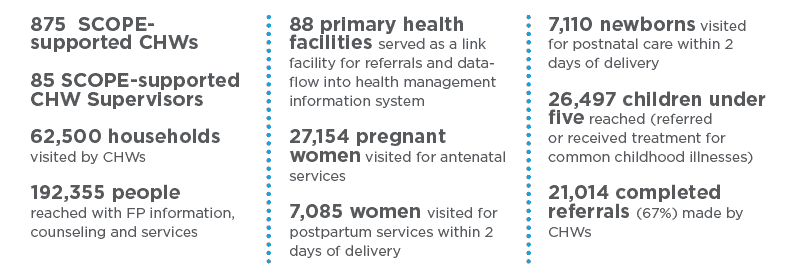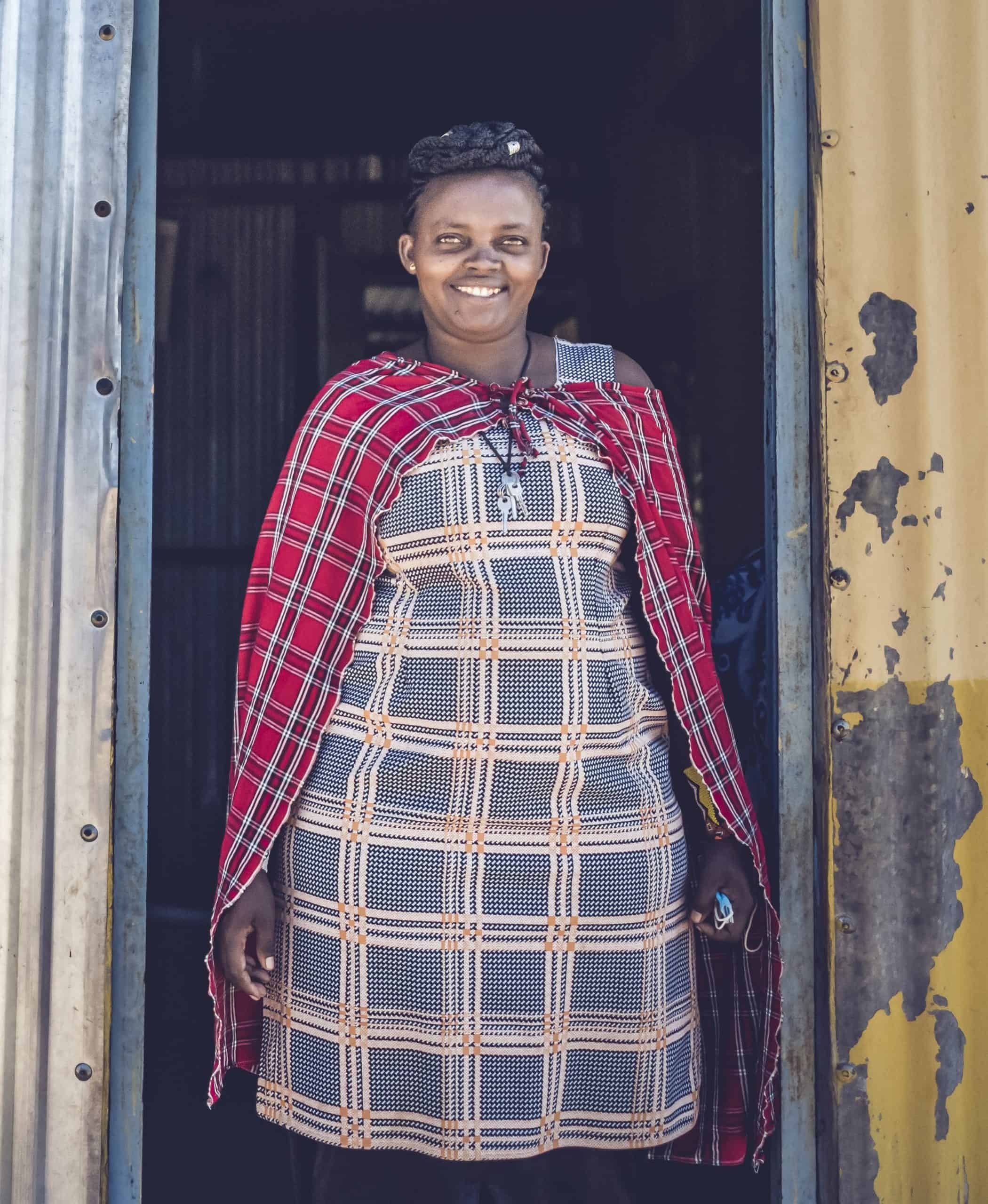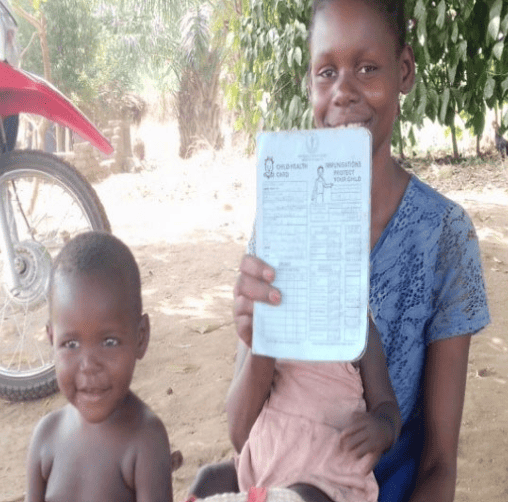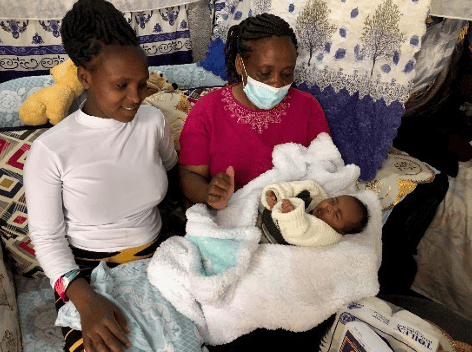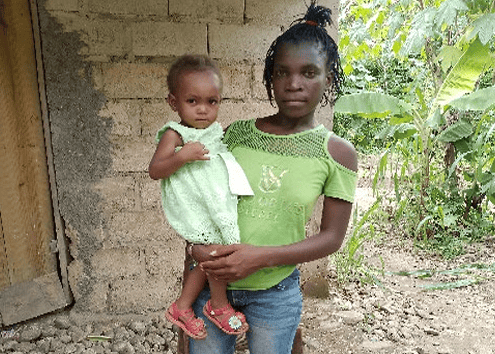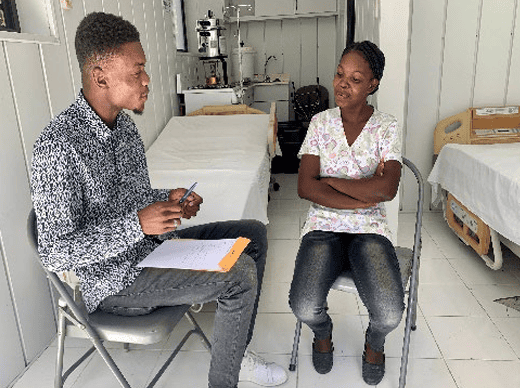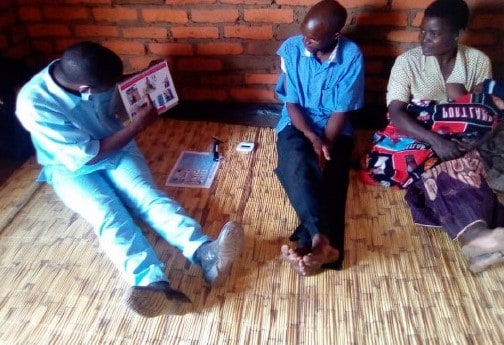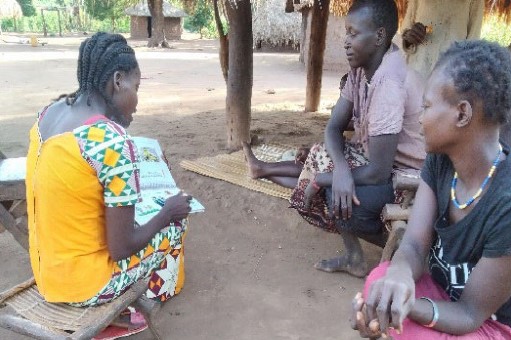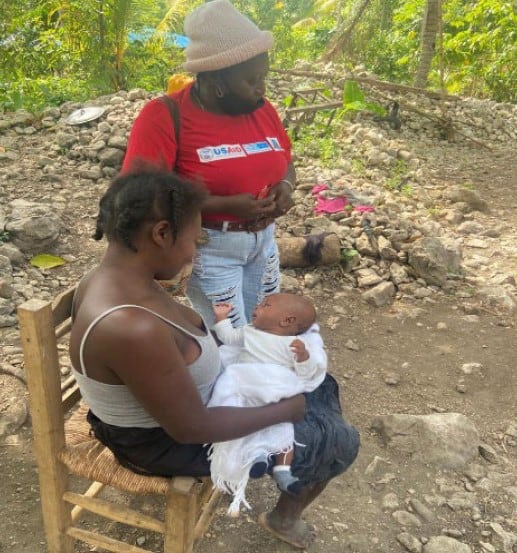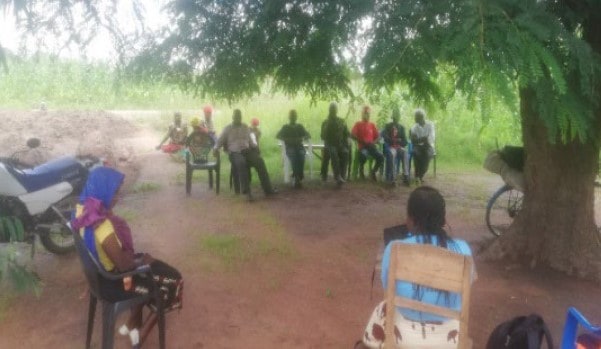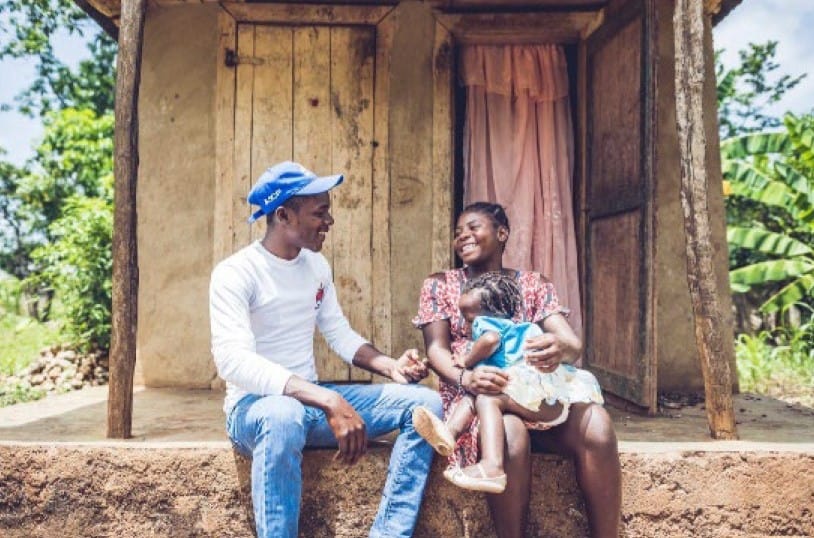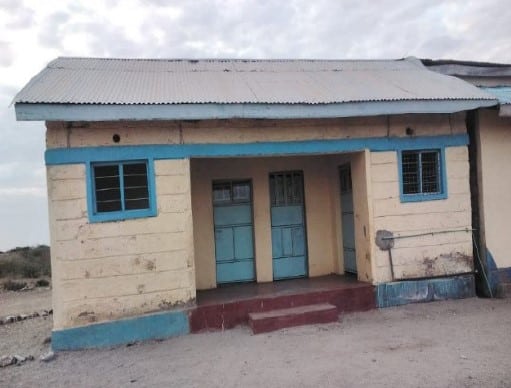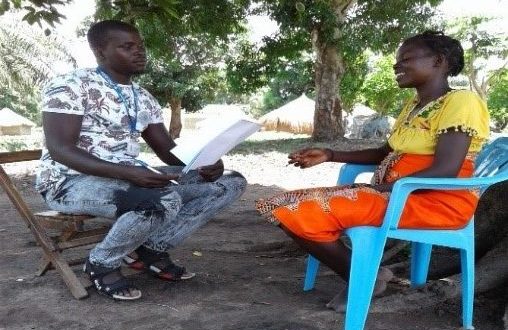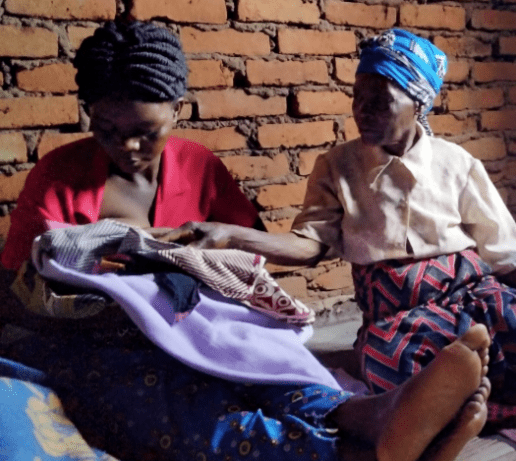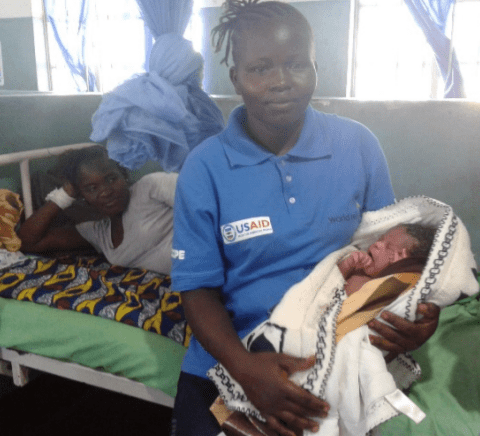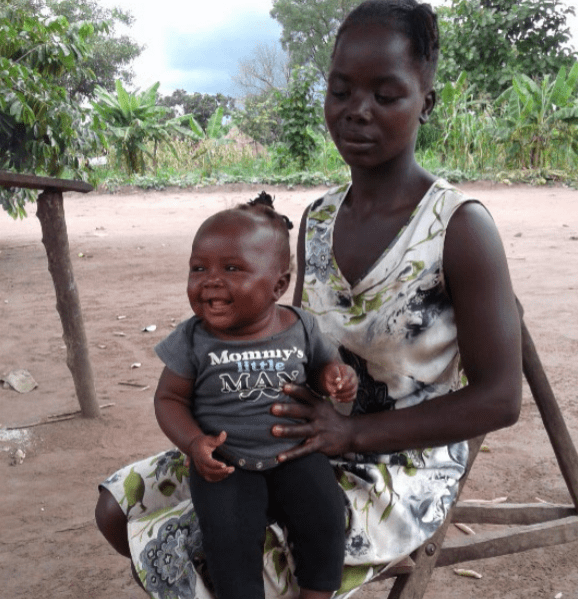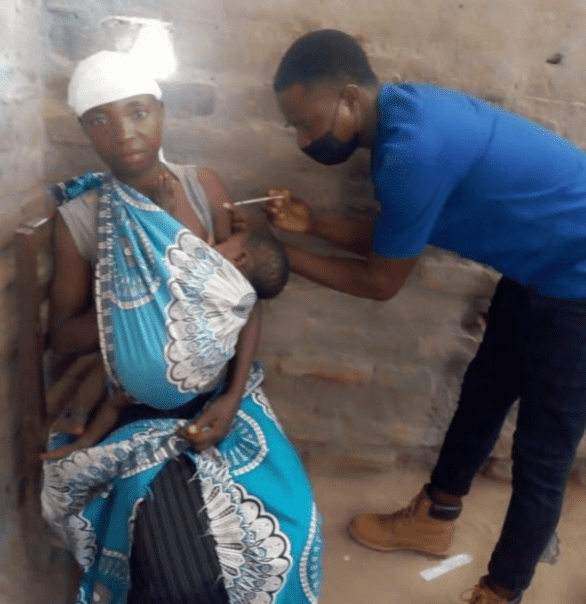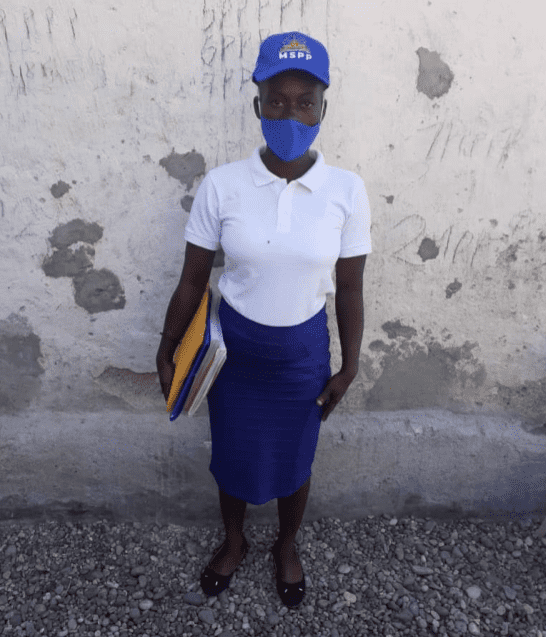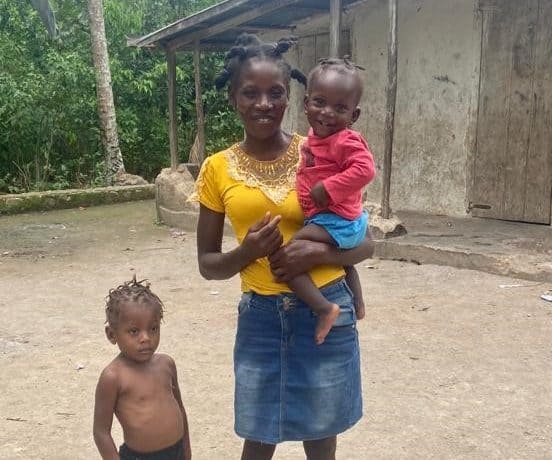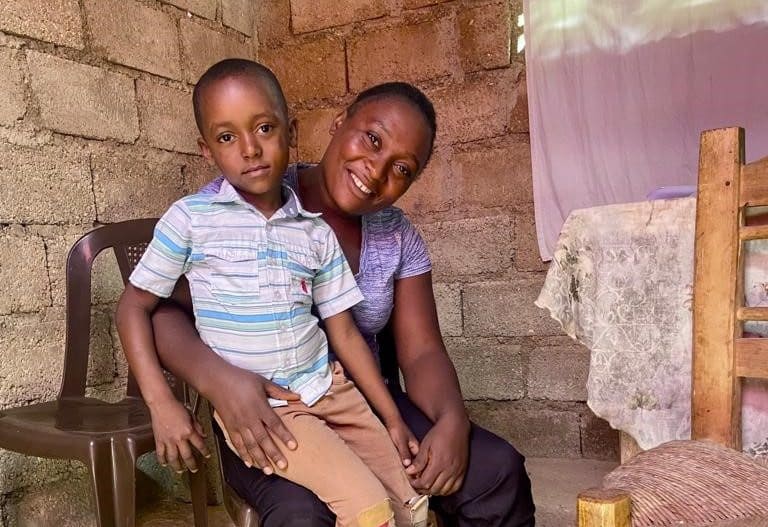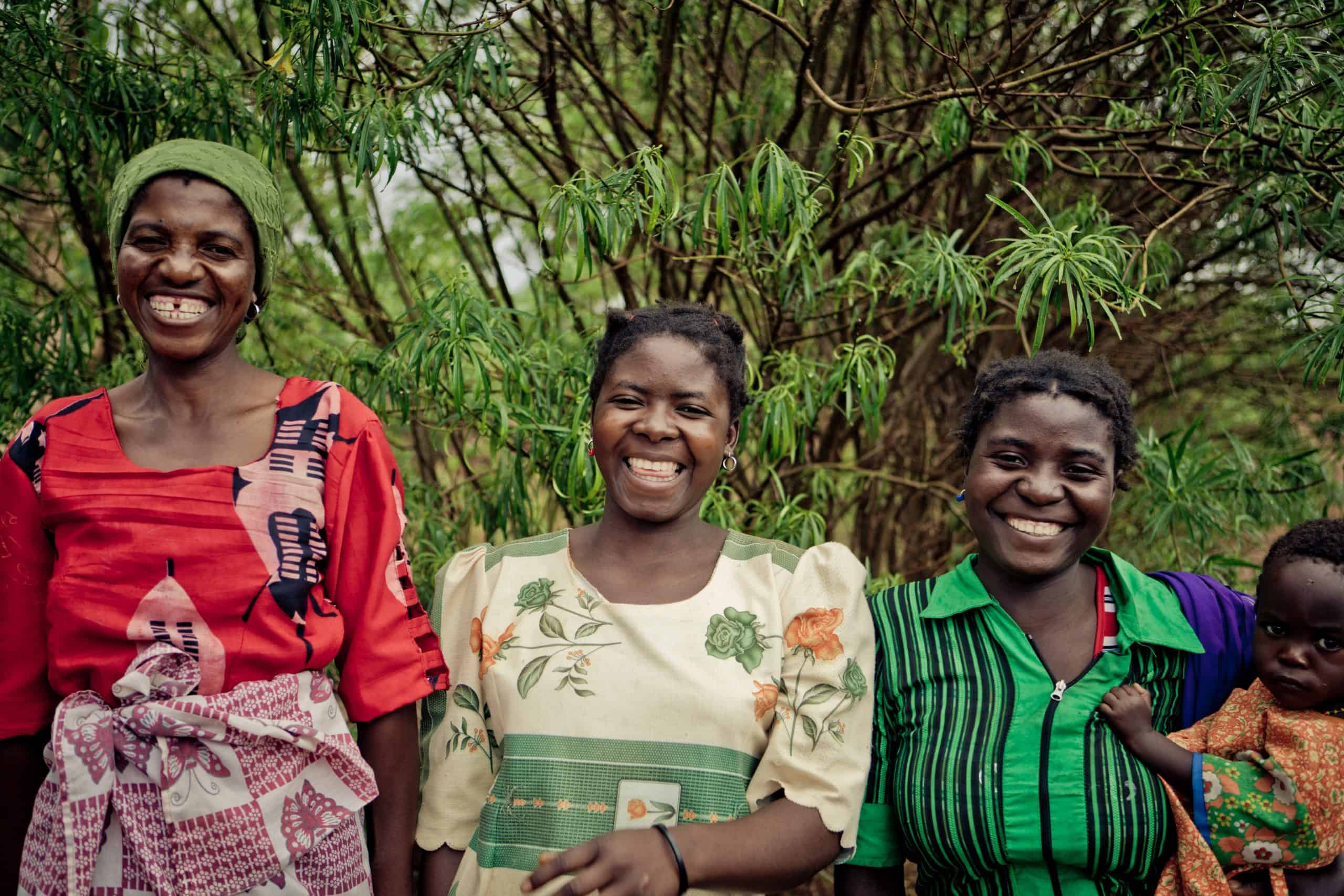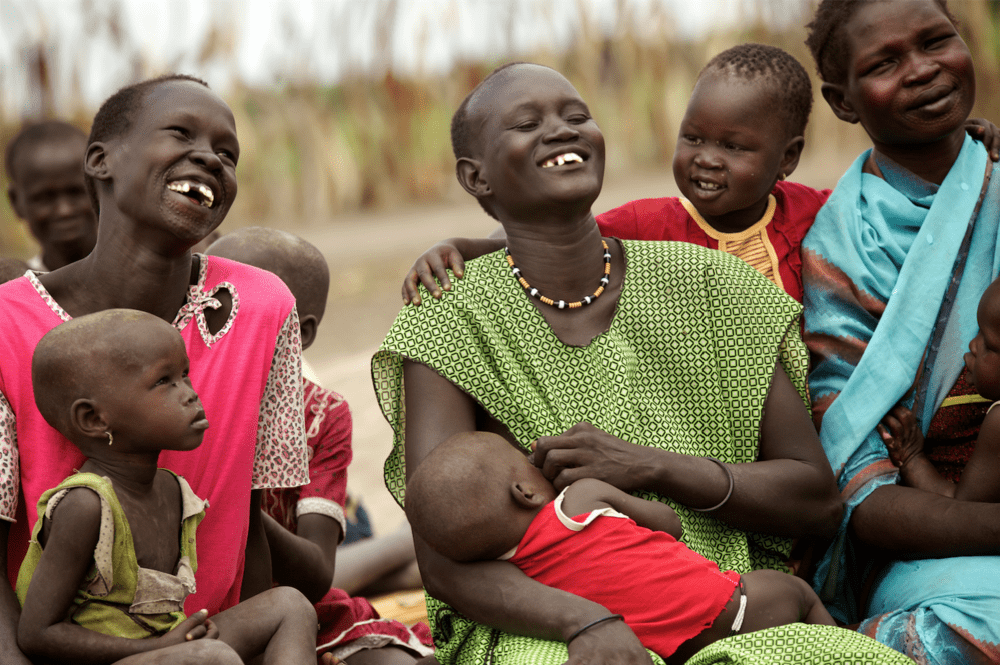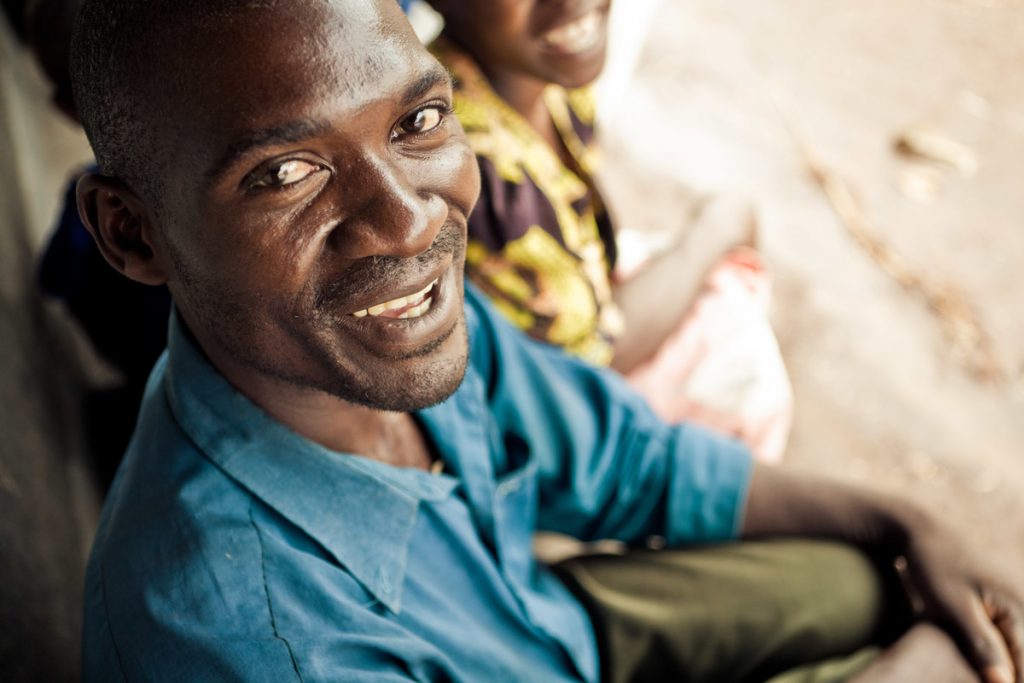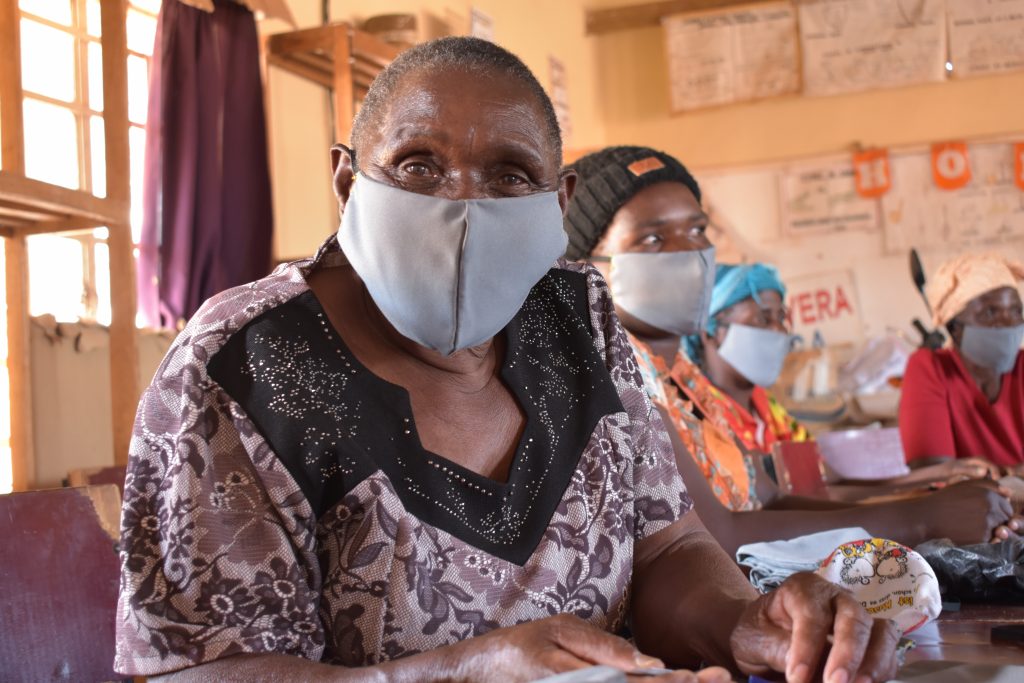SCOPE: Community Health Workers
Community Health Workers Increase Access to Health Services
World Relief’s support to community health workers (CHWs) reinforced health worker capacity and community-facility linkages by strengthening case-finding, referrals and community data integration efforts, and ensuring synergies with other community-based outreach efforts.
Through the USAID-funded SCOPE project, WR worked closely with Ministry of Health (MOH) stakeholders to strengthen the capacity of CHWs to deliver community-based family planning, maternal and newborn care, and prevention of common childhood illnesses. This work was informed by a rapid CHW functionality assessment conducted in each country in the first program year, the results of which helped SCOPE plan for targeted technical support to enhance CHWs’ capacity in each country. SCOPE also mapped out the referral systems (between community and facility) and how community-level data collection and information management was done.
SCOPE’s support for CHWs involved recruitment, capacity development in family planning/maternal child health according to national protocols and guidelines, and ongoing coaching and mentoring to ensure post-training skills and knowledge remained high. An additional facet of CHW work included support and training of CHW supervisors in order to strengthen supervisory capacity.
A Capacity-Building Approach to Community Health Worker Training
Building on World Relief’s years of experience working with CHWs and existing USAID investments, SCOPE launched CHW activities by working closely with each country’s ministry of health to train, equip, support, and mentor community health workers. This work was informed by a rapid CHW functionality assessment conducted as part of the start-up and landscape mapping activities in the project’s first year. This assessment consisted of document review, key informant interviews, and engagement with national and sub-national stakeholders, including individual USAID Missions. By assessing the CHW program in each country, SCOPE learned about CHW recruitment practices, the role/scope of the CHW cadre, and the equipment and supplies needed for the CHW (based on their scope per ministry of health policy). SCOPE also learned about supervision modalities, other implementing partner efforts on CHW capacity development, and incentives that may affect health worker motivation. Lastly, SCOPE mapped out the local referral systems (between community and facility) and how documentation and information management were done. This process also informed our training approach and the in-country stakeholder relationships critical to the CHW programs’ sustainability beyond SCOPE’s time on the ground.
To ensure that CHWs retain their knowledge and skills after they have completed their training, SCOPE also trains and supports CHW supervisors. Each CHW supervisor line-manages an appropriate number of CHWs to ensure the proper supervisor-to-health-worker ratio within each country, usually about ten CHWs working out of five health care facilities (an average of two CHWs per facility). The individual CHW’s learning needs and their behavior change opportunities at the household level are usually considered and factored into mentoring sessions. Technical content is centered on information CHWs’ “need to know,” allowing for hands-on learning, followed by continuous practice with feedback and coaching.
Research Study for SCOPE Health Promoter Training in South Sudan
The low-dose, high-frequency (LDHF) approach is a capacity-building method that consists of frequent interactive training with many opportunities to practice and receive immediate feedback through supervision, coaching, and mentoring. This contrasts the standard/traditional training method, which typically consists of a single, lengthy training with more passive learning approaches, such as reading or lecture, with limited time for practice and receiving feedback. Under the standard/traditional method, supervision is usually limited to data quality checks (rather than mentoring/coaching and reinforcement of knowledge and skills). Research on the LDHF method has shown success among facility-based health workers and clinical providers; however, very little research has been done on testing the LDHF approach among community-based health workers.
These literature gaps led to SCOPE conducting a quasi-experimental research study comparing the LDHF approach of training and supervising CHWs with the standard/traditional method of training and supervising CHWs in Ibba and Maridi, South Sudan. The study looked at CHWs’ (1) satisfaction and perception of their training, (2) knowledge and skills retention, and (3) application of skills. 108 CHWs were enrolled in the study: 54 in the comparison group, and 54 in the intervention group. The study was conducted in partnership with OPEN, a local NGO in South Sudan, and took place between February 2022 to August 2023.
The study found that LDHF/coaching and mentoring approach was associated with higher satisfaction rates, higher retention of knowledge and skills over time, and greater application of skills among CHWs trained and supervised under the LDHF approach. These findings were consistent with the literature that interactive methods like case-based learning and hands-on practice results in greater improvement and retention in knowledge, skills, and/or practice than do passive techniques such as lecture or reading. Targeted, repeated training opportunities are preferable to one-time training and led to increased knowledge retention and the use of new skills by CHWs. It is recommended that future research studies explore the implementation and feasibility of this approach to other fragile settings or remote, hard-to-reach areas that experience chronic staff shortages and gaps in health services at the community level.
Key Results
Below is a snapshot of the results of SCOPE’s work with community health workers across the four SCOPE countries:
